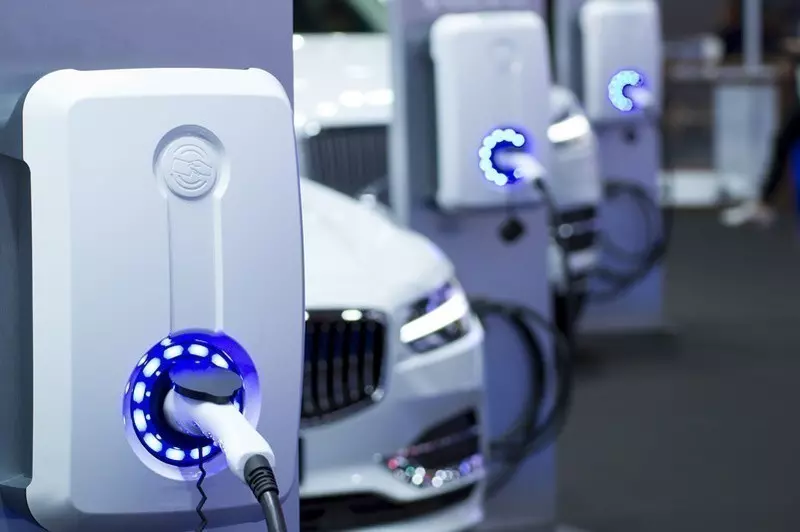Plug-in vs Self Charging Hybrid Cars - Compare Differences
Published Date: 15th Mar 2019
We’re still a long way from Government targets of 2040 to effectively ban traditional petrol and diesel cars, but there are plenty of other reasons to be looking at a new hybrid car, even if it’s just as a stepping-stone to a full electric vehicle further down the line.
With other major cities thought to be looking at following the example of London’s ULEZ (Ultra Low Emissions Zone) charge/excise for more polluting vehicles, buying a hybrid makes great sense, offers lower running costs and most importantly of all you’ll be doing ‘your bit’ to reduce pollution.
Self-Charging vs Plug-in Hybrid Car - Key Differences
In both cases the vehicle is equipped with a petrol or diesel engine combined with a lithium-ion or nickel metal hydride battery.
 As the names suggests a Plug-in Hybrid, sometimes referred to as a PHEV (Plug-in Hybrid Electric Vehicle) can be charged from an electrical point at home or at a commercial charging point (usually much faster in the latter case). A plug-in packs a bigger battery than a self-charging hybrid and can cover around 30 miles in full electric mode without the need for a charge or to switch to petrol/diesel mode.
As the names suggests a Plug-in Hybrid, sometimes referred to as a PHEV (Plug-in Hybrid Electric Vehicle) can be charged from an electrical point at home or at a commercial charging point (usually much faster in the latter case). A plug-in packs a bigger battery than a self-charging hybrid and can cover around 30 miles in full electric mode without the need for a charge or to switch to petrol/diesel mode.
A self-charging hybrid relies on a larger petrol or diesel engine to charge its battery on the go along with other technology like ‘brake regeneration’. Whilst there are no trips to a charging station or need to plugin at home you will have higher petrol or diesel fuel costs.
Reasons to buy a Plug-in Hybrid New Car (PHEV)
 A plug-in will return lower running costs than a self-charging hybrid, especially If your daily work run is under 30 miles (round trip), you could feasibly power the vehicle on the battery most of the time and save big on fuel costs (assuming you can plugin/charge at home).
A plug-in will return lower running costs than a self-charging hybrid, especially If your daily work run is under 30 miles (round trip), you could feasibly power the vehicle on the battery most of the time and save big on fuel costs (assuming you can plugin/charge at home).
The number of commercial charging stations is set to accelerate. Government owned company ‘Highway England’ has contracted Swarco UK and BP Chargemaster to build 50 new charging stations for electric and plug-in hybrid vehicles. These new stations will be built within a year and positioned close to motorways and busy city centres in England.
Large companies and organisations are also onboard and committed to expanding their support for plug-in hybrid and full electric vehicles with more charging stations in company car parks and premises.
Reasons to buy a Self-Charging Hybrid New Car
For many a self-charging hybrid may be the ideal option for ‘dipping their toe’ into the world of electric powered vehicles for the first time.
If access to charging stations or charging your car at home is an issue then this may be the best option for the time-being. However, with support and infrastructure for plug-in hybrid and full electric cars set to accelerate in the coming years you should find it a good stepping stone to a plug-in hybrid or full electric vehicle in the future
